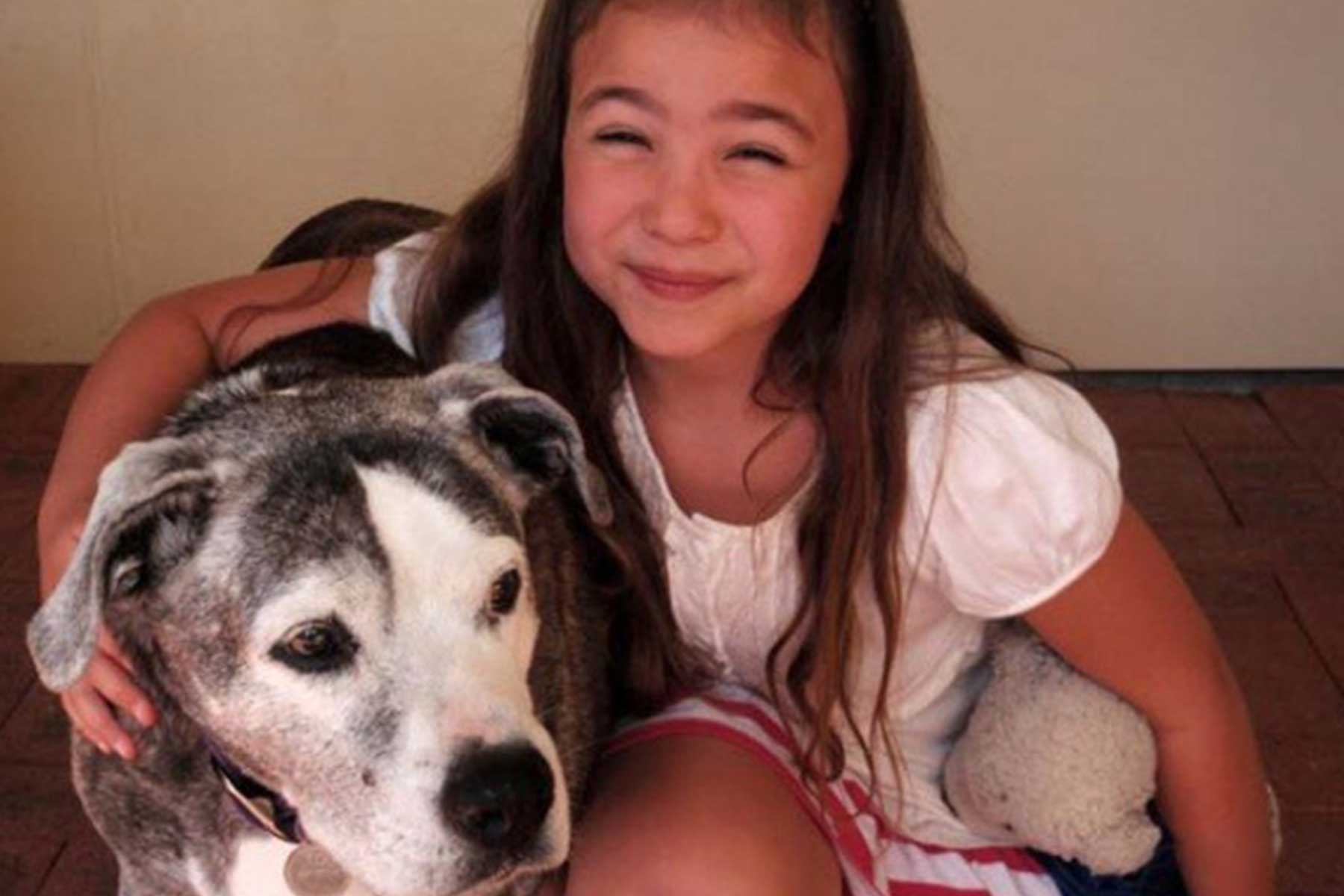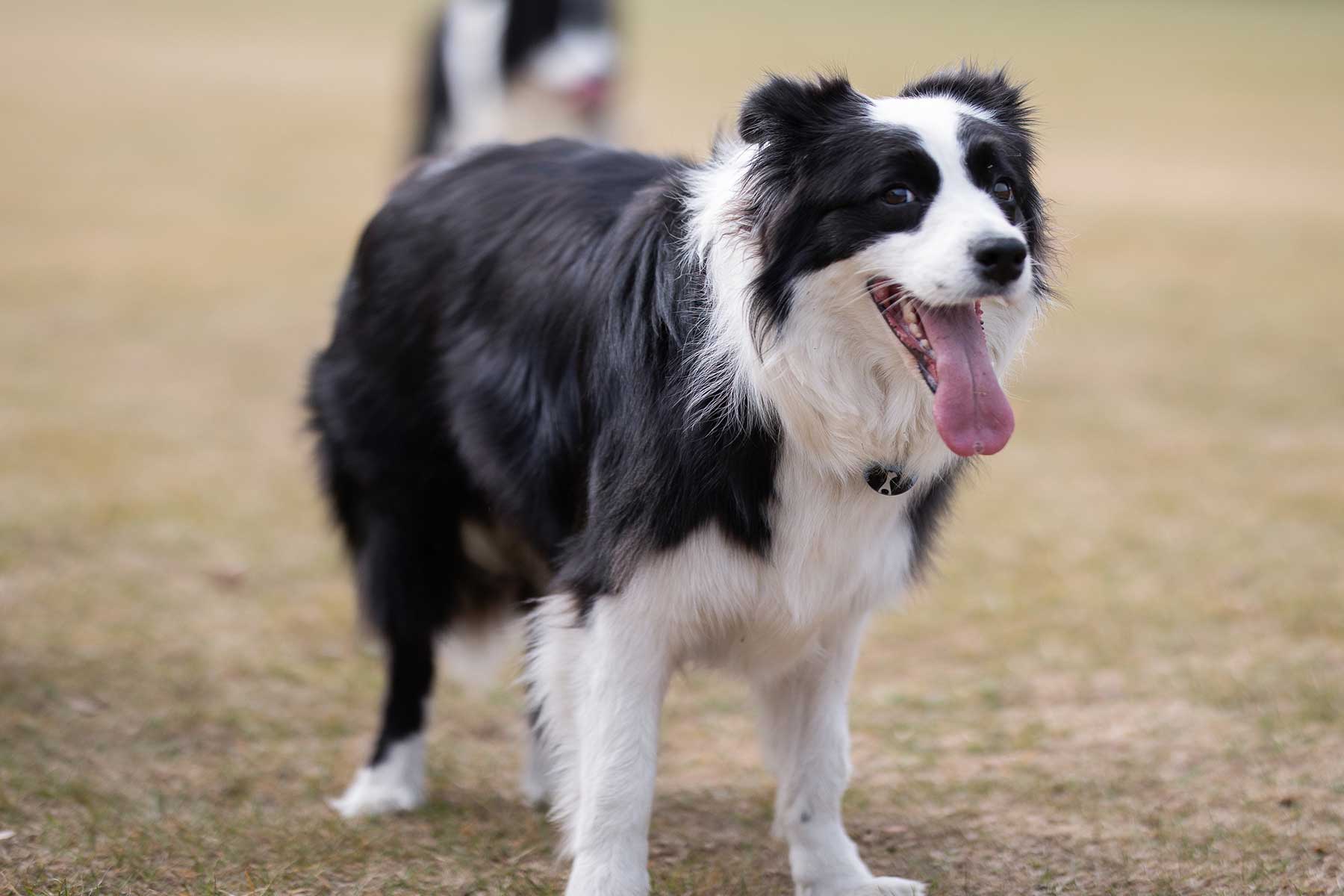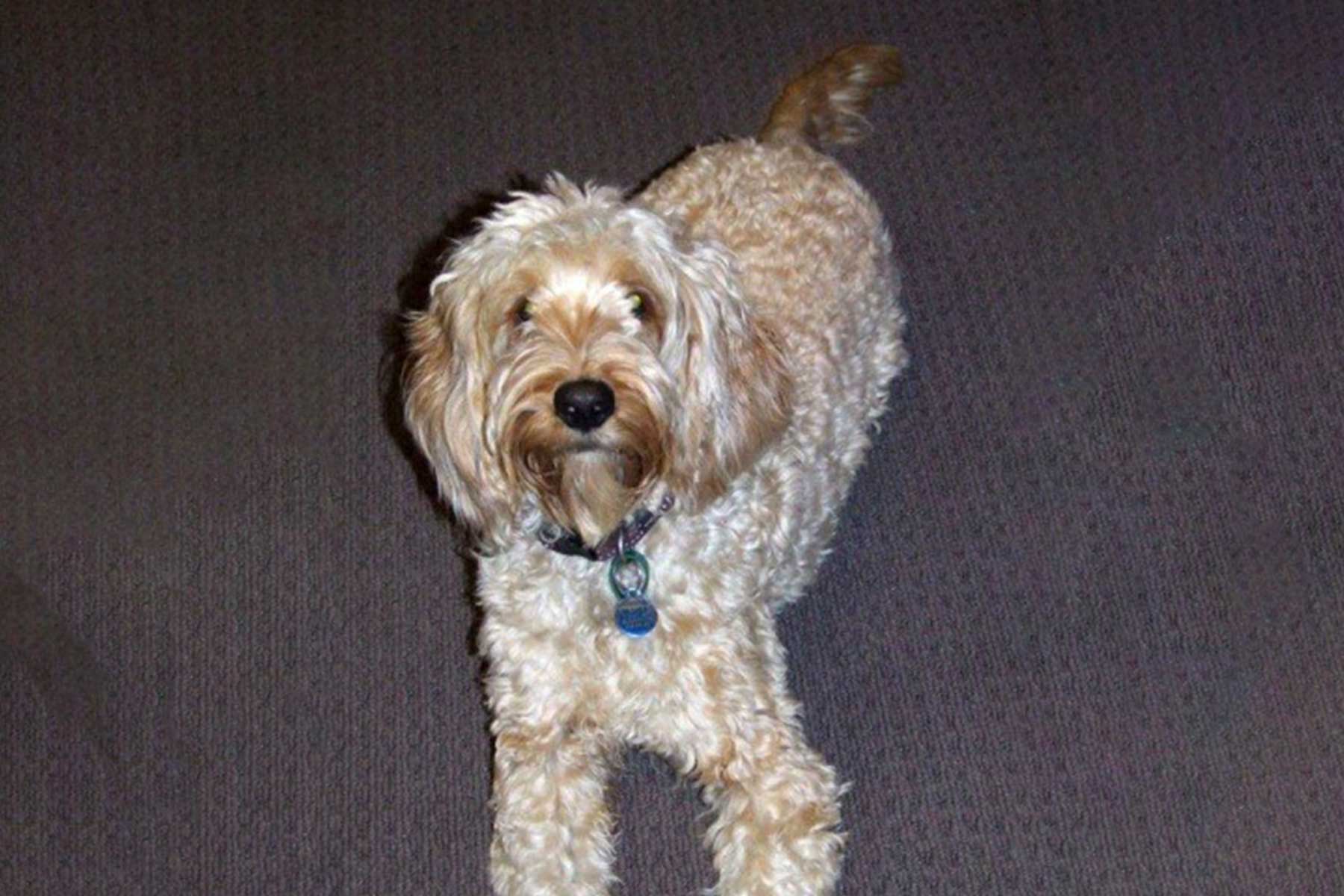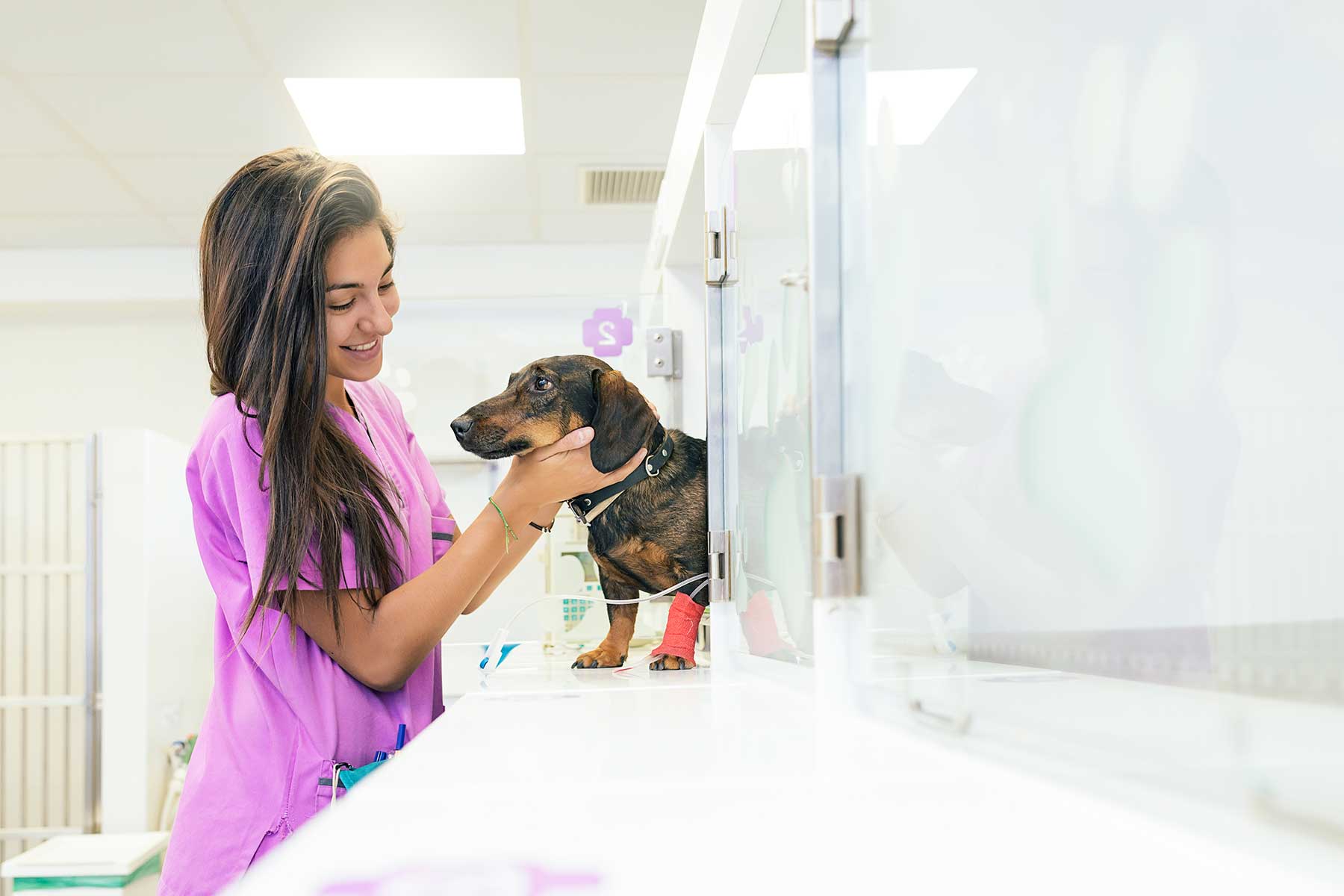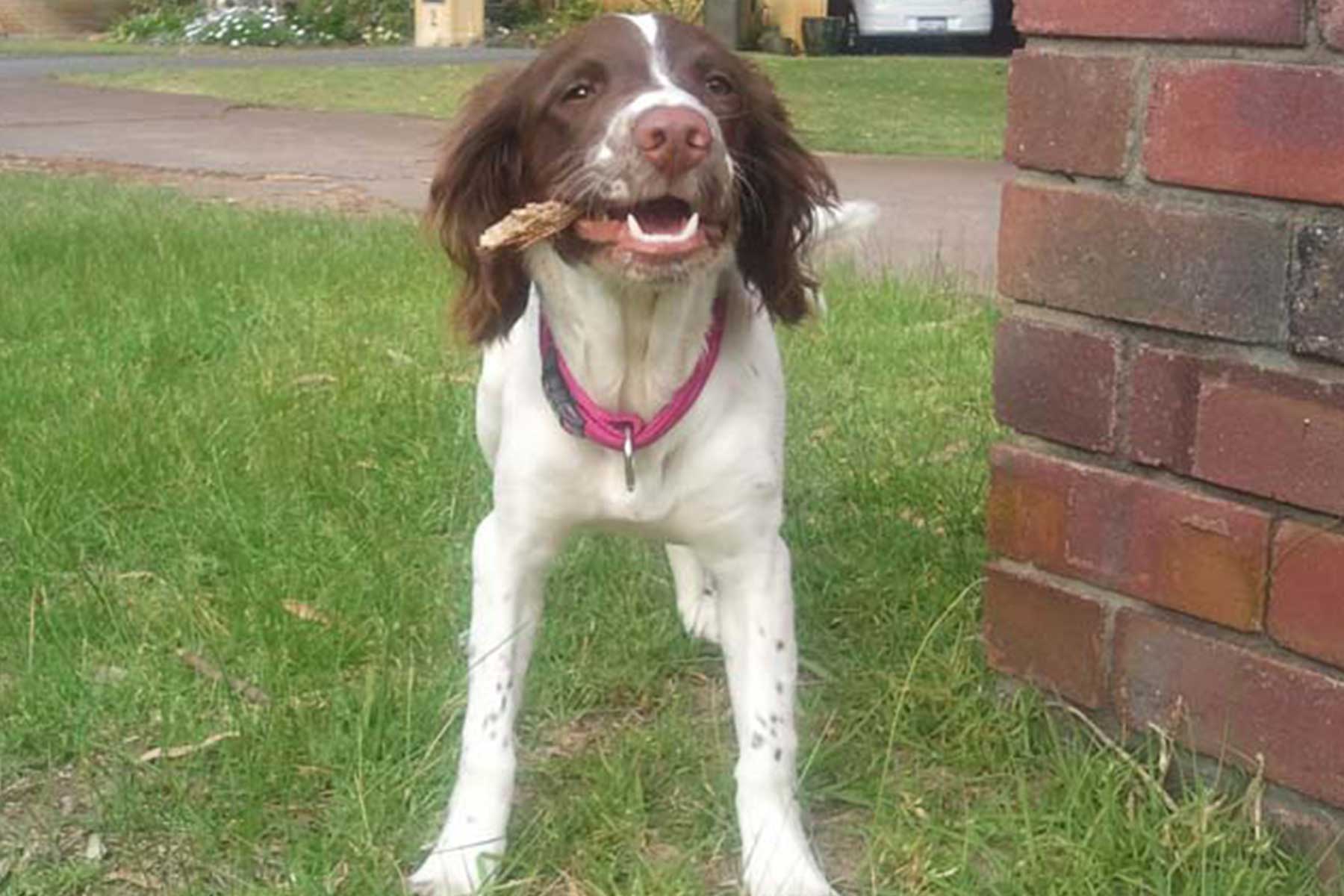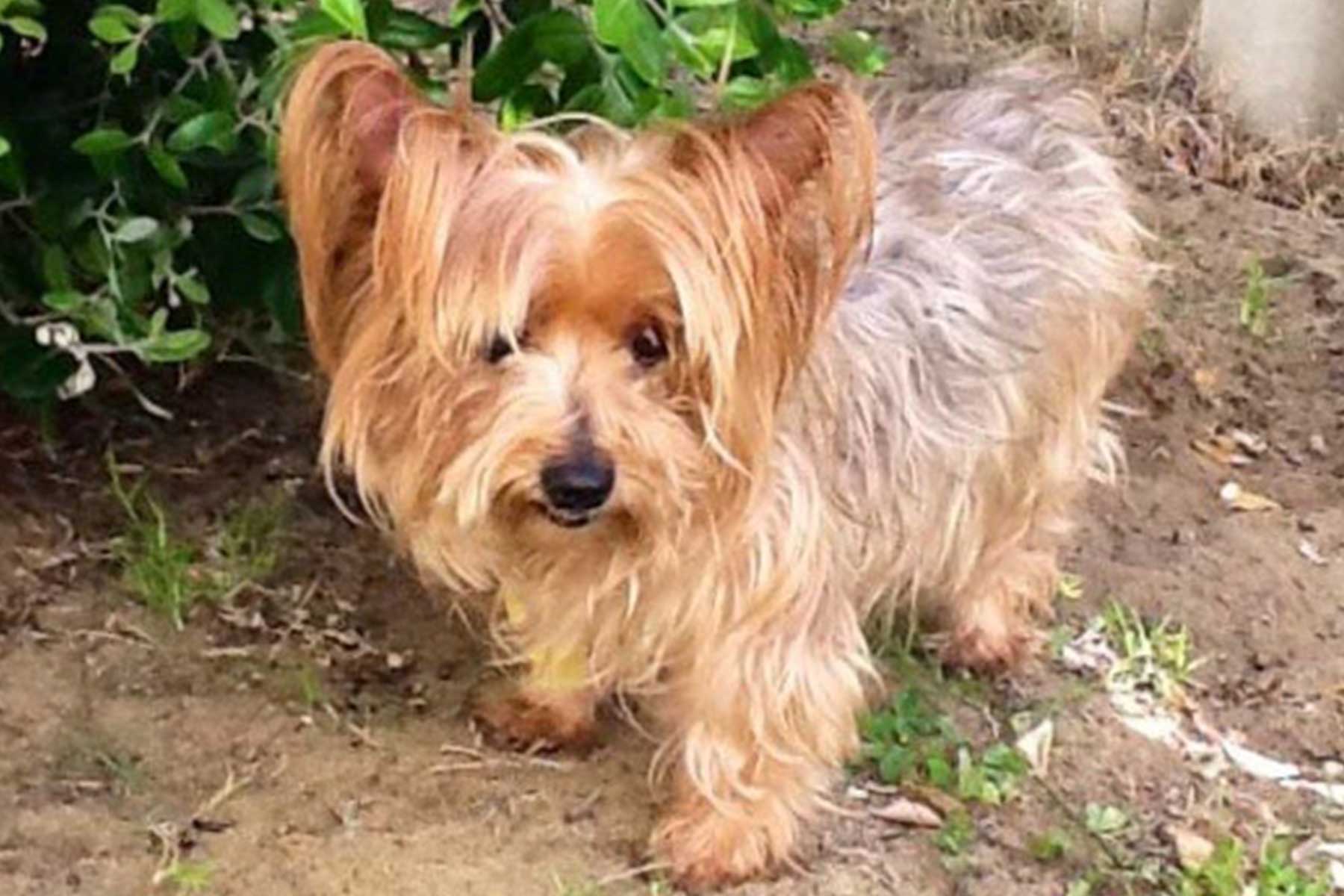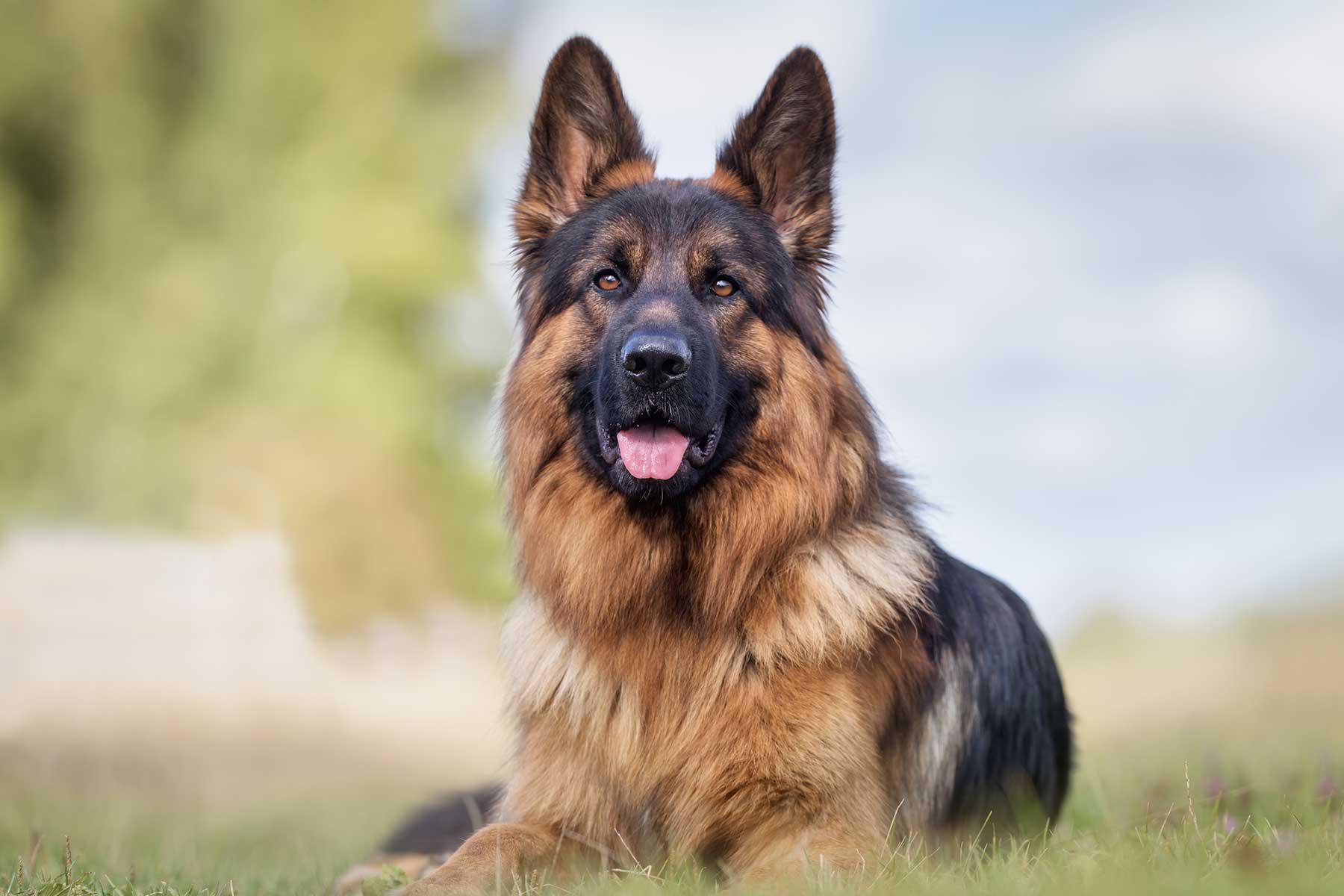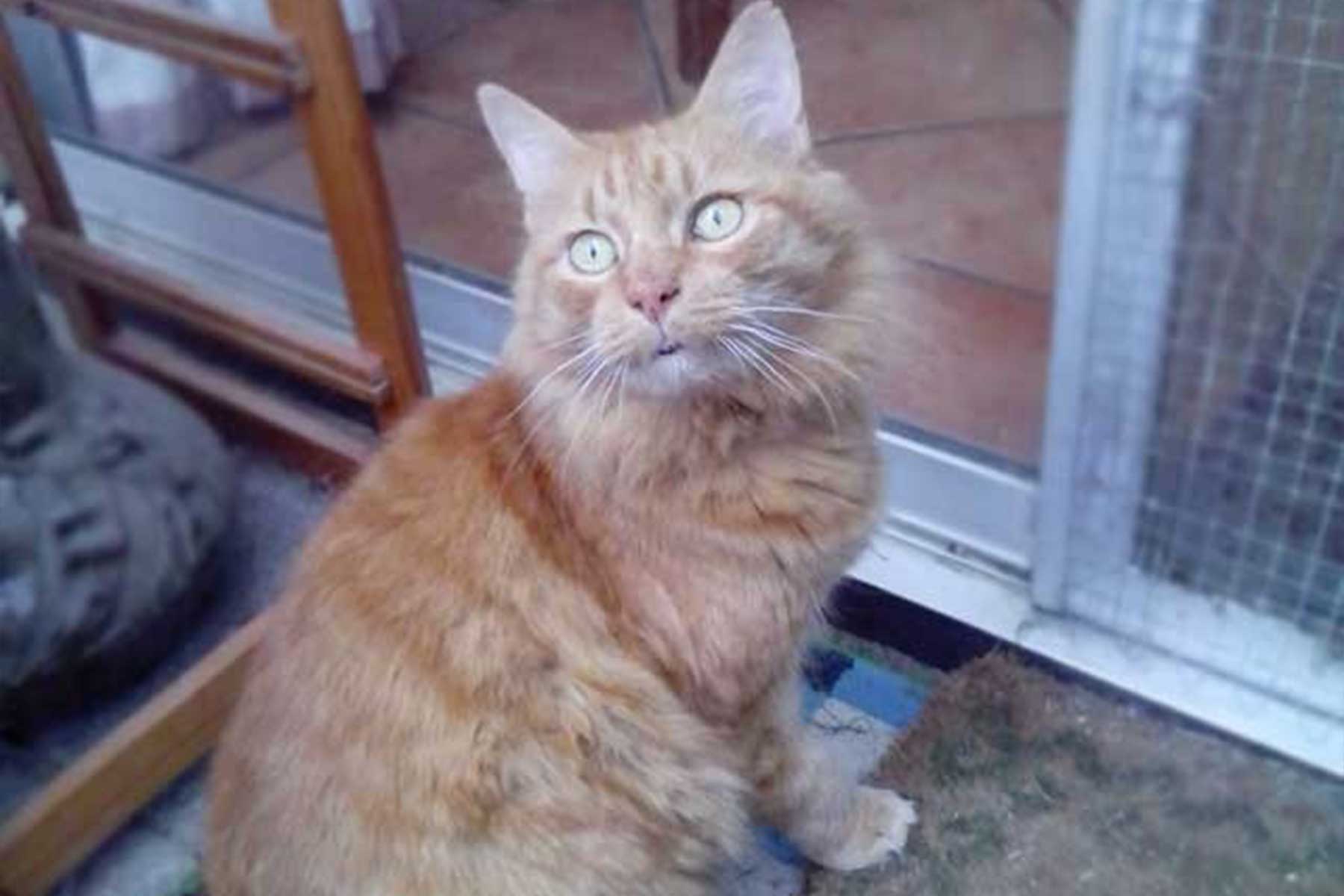Buddha is a 5 year old Corgi who was taken into Vetwest Canning Vale after his owners had noticed he was unwell. Buddha was lethargic, constipated and had been vomiting. His owners were worried as they had fed him some raw bones a few days earlier and he had been unwell since. Upon examination by his veterinarian, Buddha was found to be moderately dehydrated, probably as a result of the vomiting. The vet could also feel a hard mass in his abdomen and she was concerned that there may be pieces of bones stuck in Buddha’s intestines.
An in house blood profile was performed first to give the vet a more accurate picture of what was going on with Buddha’s internal organs and circulatory system. These tests confirmed Buddha was dehydrated which meant he needed to be admitted to hospital and needed to be administered intravenous fluids to rehydrate him. As well as the dehydration and constipation it was discovered on the blood test that Buddha was also suffering from a condition known as pancreatitis. This is where the pancreas becomes inflamed and infected which often results in pets experiencing severe abdominal pain and vomiting. Pancreatitis can be triggered if a pet eats food that is high in fat such as owner’s leftovers or bones (as was the case with Buddha).
Once Buddha was admitted to hospital and placed on intravenous fluids he was given some strong pain relief medication to make him more comfortable and settled. The next step was to treat Buddha’s constipation. If left untreated the intestines can become very inflamed and in severe cases the tissue can start to die. In order to treat Buddha’s constipation he needed to have a full general anaesthetic and an enema. This procedure involved lavaging his colon to help break up the compacted faeces and remove any large pieces of bone that he was having trouble passing on his own.
Unfortunately for Buddha this procedure had to be repeated twice more until the vets were satisfied that enough of the bone chips had been removed and the faecal material was soft enough for him to pass. Buddha recovered well from the anaesthetic however his constipation was quite severe and some damage had already occurred to his bowel. This had resulted in bacteria being able to pass through the protective coating and wall of the intestines and entering his blood stream, resulting in Septicaemia. The vets immediately started Buddha on a course of intravenous antibiotics. Budda needed to stay in hospital for several days on fluids and antibiotics until he was well enough to go home. Thankfully he has now made a full recovery and his owners report that he is happy and well.
Buddha’s story illustrates some of the problems that can occur when we feed bones to our pets. There are many different opinions on whether or not we should feed our pets bones. They can be very beneficial in maintaining healthy teeth and gums and preventing dental disease. They can also provide variety in a pet’s diet as well as relieve boredom and satisfy natural chewing behaviour. Unfortunately the downside to bone feeding is it can result in the animal becoming very ill, as was the case with Buddha.
If you do choose to feed your pet bones we have some tips on how it can be done to minimise problems:
- Allow your pet to chew on a bone not through it
- Dispose of chewed bones promptly
- Bones should always be bigger than the pets head so they cannot be swallowed
- Whole bones are the safest. If a bone has been pre-cut, remove any bone marrow as it is very high in fat
- Ideally bone chewing should be started as kittens or puppies, however, can be carefully introduced later in life
- Bones are not recommended for pets who have a history of pancreatitis
Other related articles:

